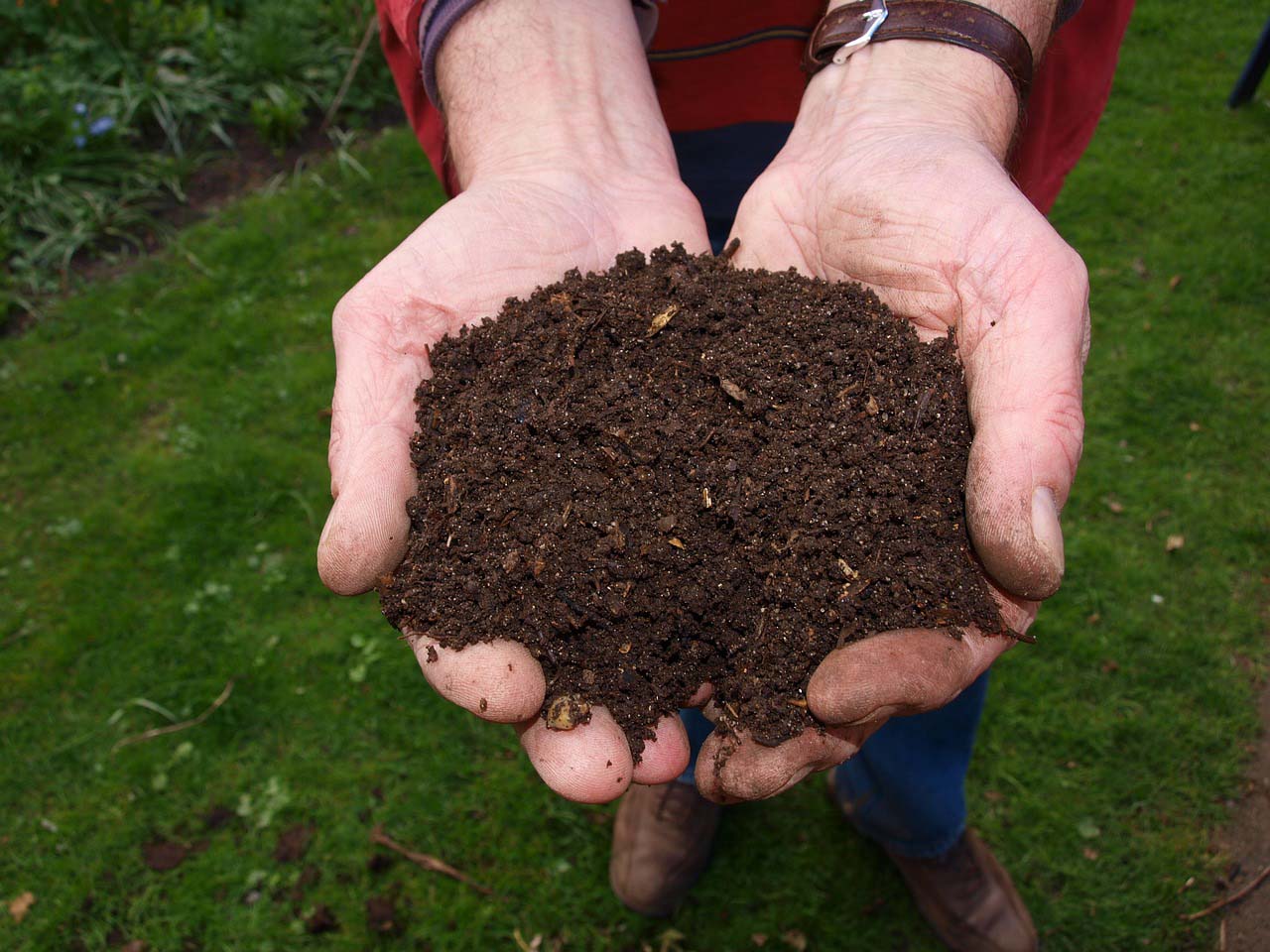Soil improvement is an important process for plant health. One of the most frequent and simple amending is composting. The combination of soil and compost can improve aeration, beneficial micro-organisms, nutrient content, water retention, and much more. You can also produce your compost using the residues produced in your garden and kitchen.
Gardeners regard fertilizers as “black gold” for their lawns and gardens. This is because it is rich in nutrients hence improving soil fertility and making the plants healthier. This is a positive cycle for your soil. Compost waste is used to fill the soil with nutrients.
Using compost is an excellent way to provide plants with the nutrients they need to reach their full potential. You can use compost in your home garden to grow fruit and vegetables, in pots to improve the life of your favorite flowers, and in a landscape, beds to increase the vitality of plants and shrubs.
How Compost Helps Your Soil
- Adds nutrients to the soil. Compost is a soil rich in humus and nutrients. When compost is placed on existing soil, nutrients such as carbon and nitrogen are added. These nutrients are used by the plants for growth and photosynthesis. The addition of compost also conserves the water used by the plants.
- It brings valuable organisms into the soil. Microorganisms such as bacteria, fungi, and protozoa destroy organic matter. The presence of micro-organisms is necessary because they aerate the soil, accelerate composting, convert nitrogen into useful forms, and protect against certain plant diseases.
- Recycling of kitchen and construction waste. Composting prevents up to 30% of the waste from ending up in the garbage. This reduces the amount of waste in your home. If you steal rubbish, you no longer have to buy or take out rubbish bags as often.
- Reducing the amount of waste going to landfill. Many believe that the organic matter in the landfill has been degraded. This is true, but the process is much slower. When organic matter is decomposed, the resulting nutrients are wasted.
This is good for the environment! Composting is free and much better for the environment. Composting is independent of plant fertilizers and chemicals.
How to Make a Good Compost
Good compost is created by mixing hard “green” wood with harder “brown” material. The “green” material consists of splinters, plant debris, and soft green chips. Brown” material consists of cut branches, dry leaves, straw and cut newspaper.
Try to add a layer of brown and green material without making it too thick. Adding too much green material can make the compound dirty and smelly. Too much brown material does not decompose quickly. If there is a good balance between them, composting will proceed quickly.
Finally, adding a certain amount of soil will facilitate the composting of microorganisms that contribute to the decomposition.
Methods of Applying Compost
Topdressing
Topdressing is a method of applying a thin layer of compost to the project area. This method ensures that the plant’s roots are not disturbed. Make sure that the compost does not fall on the plant tops, as this retains the water in the plant stems. Worms and rain help to mix the compost with the soil. Compost is usually spread 2-3 cm thick around trees, flowers, shrubs, and plants. On lawns, the finest compost is applied half a centimeter thick.
Incorporate into Soil
As the name suggests, this method mixes the compost into the soil as an amendment. This method is particularly useful when the soil is compacted or when there is no organic matter in the soil and there are no avoidable tree roots. Compost is usually applied 1 to 2 inches thick and then mixed with the soil at a depth of 6 to 8 inches.
Adding to the Soil Mixture
In this method, compost is added to the soil mixture and then applied to the project area. This method is needed when the project requires more volume. To create a new soil layer, a ratio of 5% compost to 95% of soil is recommended.
By using compost in your garden in one of these three ways, you will notice that the plants and soil are healthier and that the lawn is greener.
Final Thought
Making your garden compost is much easier than you think. With a simple compost heap, you can process most of the waste from the house and garden and enrich the soil in your garden. It’s also a great way to help the environment.


